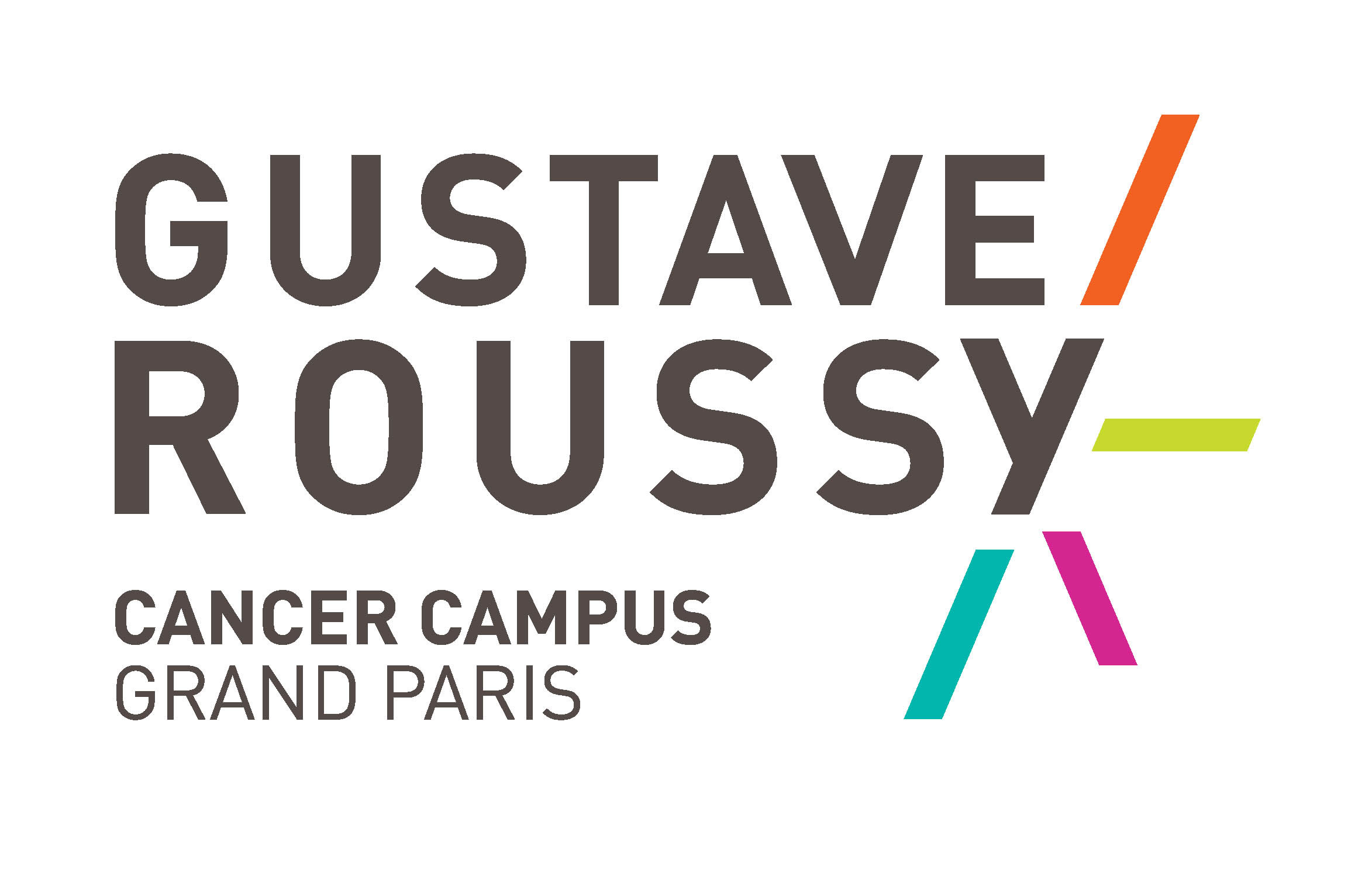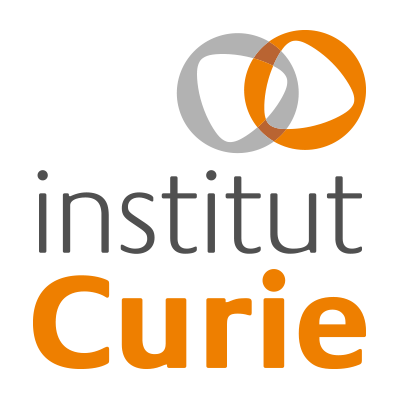For nearly ten years, targeted treatment of advanced metastatic colorectal cancer has been guided by two main goals: inhibiting the formation of cancerous vessels and inhibiting the function of EGFR (epidermal growth factor receptor). With the proliferation of multigene studies, the identification of newer targets and a better understanding of the mechanisms of tumour formation means that we now have significantly more molecular targeted drugs, while the identification of resistance genes helps to make the use of targeted drugs more effective.
Targeted treatment can only be safely based on a detailed genetic profile of the tumour, which is the only way to understand the behaviour of the tumour at the molecular level. In most cases, 600 genes are tested, with additional specific tests.
Of the 25,000 coding human genes, 600 are associated with tumor development. On average 4-5 different genes mutations per tumor are responsible for uncontrolled cell division. Therefore a detailed genetic profiling of a given tumor is necessary for making the right therapeutic decision. The more mutations are present in a tumor, the harder it is to select for molecular targets.
Digital therapy planning
Digital therapy planning refers to the personalized treatment and immunotherapy planning using digital drug assignment.
Our multiple times award-winning medical software, used for digital therapy planning, is unique in being able to rate and prioritize targeted treatment options within 20 milliseconds in 405 tumor types, based on 52 000 mutations, 26 838 rules and 1417 compounds using up to date scientific evidence.
Oncompass Medicine’s medical software helps doctors select the most effective, personalized, targeted treatment options for cancer patients in 20 milliseconds.
















